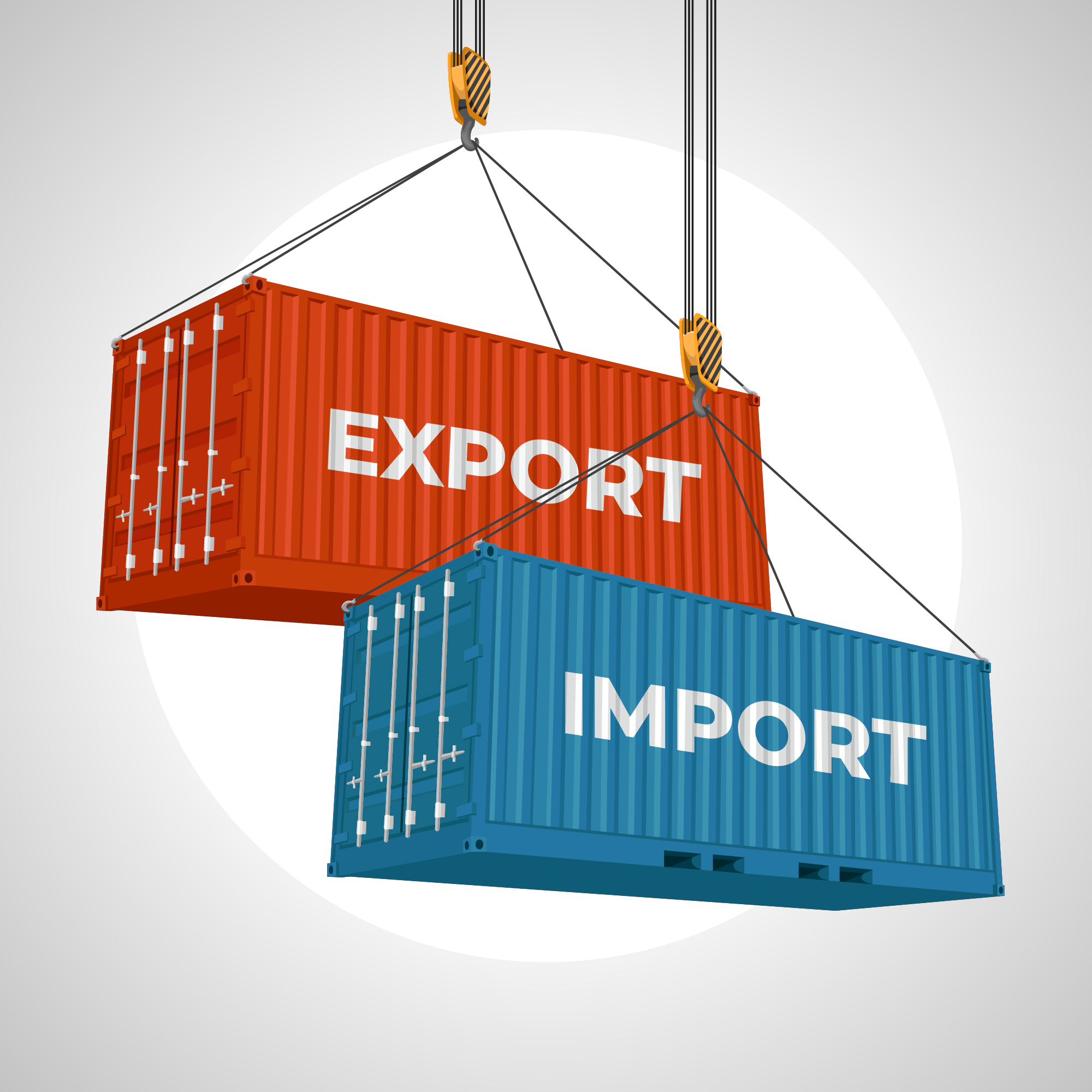Introduction
Containers are versatile storage solutions used in various industries for transportation, storage, and even construction purposes. Whether you need a shipping container for international freight or a storage container for onsite storage, understanding the options available is essential. In this guide, we’ll explore different types of containers for sale, their uses, sizes, pricing, and where to buy them.
Types of Containers for Sale
1. Shipping Containers
· Uses: Ideal for transporting goods via sea, rail, or truck.
· Sizes: Standard sizes include 20-foot and 40-foot containers.
· Features: Durable steel construction, weatherproof, and secure locking mechanisms.
· Where to Buy: Shipping container suppliers, online marketplaces, or directly from shipping companies.
2. Storage Containers
· Uses: Suitable for onsite storage at construction sites, industrial facilities, or residential properties.
· Sizes: Available in various sizes, including 10-foot, 20-foot, and 40-foot options.
· Features: Secure, weather-resistant, and portable.
· Where to Buy: Storage container suppliers, rental companies, or online marketplaces.
3. Refrigerated Containers
· Uses: Designed for transporting temperature-sensitive goods, such as food and pharmaceuticals.
· Sizes: Standard shipping container sizes with refrigeration units installed.
· Features: Insulated walls, temperature monitoring systems, and adjustable settings.
· Where to Buy: Specialized refrigerated container suppliers or leasing companies.
4. Custom Containers
· Uses: Customized for specific applications like offices, workshops, or living spaces.
· Sizes: Customizable sizes and configurations tailored to individual needs.
· Features: Interior fit-outs, insulation, windows, doors, and utilities.
· Where to Buy: Container modification companies or contractors specializing in custom solutions.
Factors to Consider When Buying Containers
1. Condition
· Inspect for damage, rust, or corrosion, especially for used containers.
· Ensure compliance with industry standards for structural integrity.
2. Delivery and Transportation
· Arrange delivery considering accessibility and site preparation requirements.
3. Cost
· Compare prices from different suppliers and consider additional costs like delivery fees.
4. Regulations and Permits
· Check local regulations and obtain necessary permits for installation.
5. Size and Capacity
· Determine the size and capacity of the container based on your storage or transportation needs.
· Consider factors such as the volume of goods to be stored or transported and available space for installation.
6. Quality and Durability
· Prioritize containers made from high-quality materials, such as corten steel, for durability and longevity.
· Check for features like sturdy flooring, tight seals, and secure locking mechanisms to ensure protection against weather and theft.
7. Vendor Reputation
· Research the reputation and credibility of the container vendor or supplier.
· Look for reviews, testimonials, and references from past customers to gauge their reliability and customer satisfaction.
8. Warranty and After-Sales Service
· Inquire about warranty coverage and after-sales service options provided by the vendor.
· Ensure prompt assistance and support in case of any issues or concerns with the purchased container.
Where to Buy Containers
1. Specialized Suppliers
· Dedicated container suppliers and dealers offer a wide range of options, including new and used containers.
· Visit their facilities or websites to explore inventory, request quotes, and make purchases.
2. Online Marketplaces
· Platforms like eBay, Craigslist, and Alibaba feature listings from various sellers offering containers for sale.
· Exercise caution and thoroughly vet sellers to ensure reliability and product quality.
3. Local Classifieds and Auctions
· Check local classified ads or attend auctions hosted by shipping companies, logistics providers, or government agencies.
· Auctions may offer opportunities to purchase containers at competitive prices.
4. Directly from Manufacturers
· Some container manufacturers sell directly to customers, offering customization options and competitive pricing.
· Contact manufacturers or authorized distributors to inquire about purchasing containers.
Conclusion
Buying containers requires careful consideration of factors such as type, size, condition, and vendor reputation. By conducting thorough research, assessing your needs, and evaluating available options, you can make a confident decision and acquire the right container for your specific requirements. Whether you’re looking for shipping containers, storage containers, or custom solutions, the information provided in this guide will help you navigate the buying process effectively.


